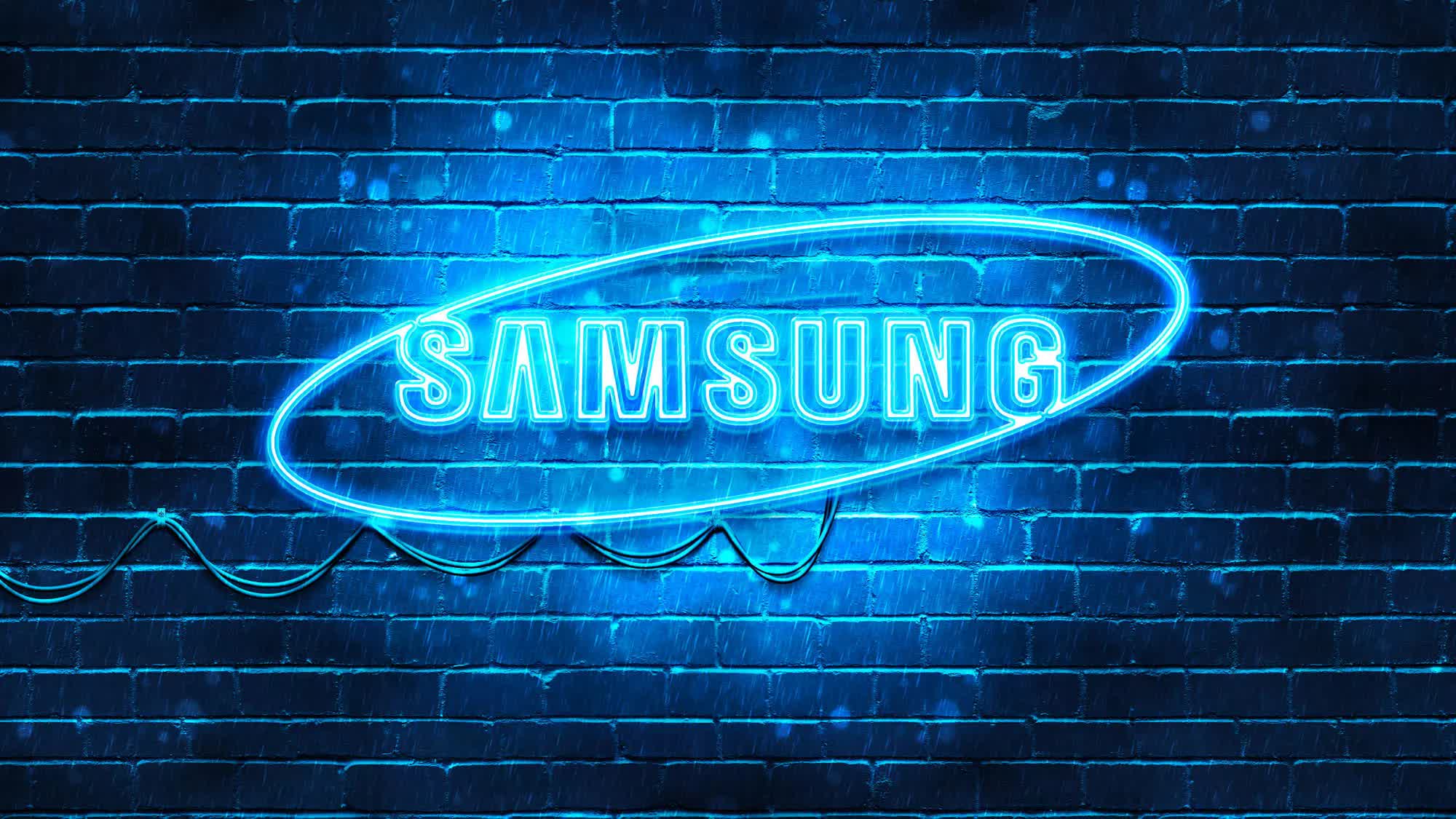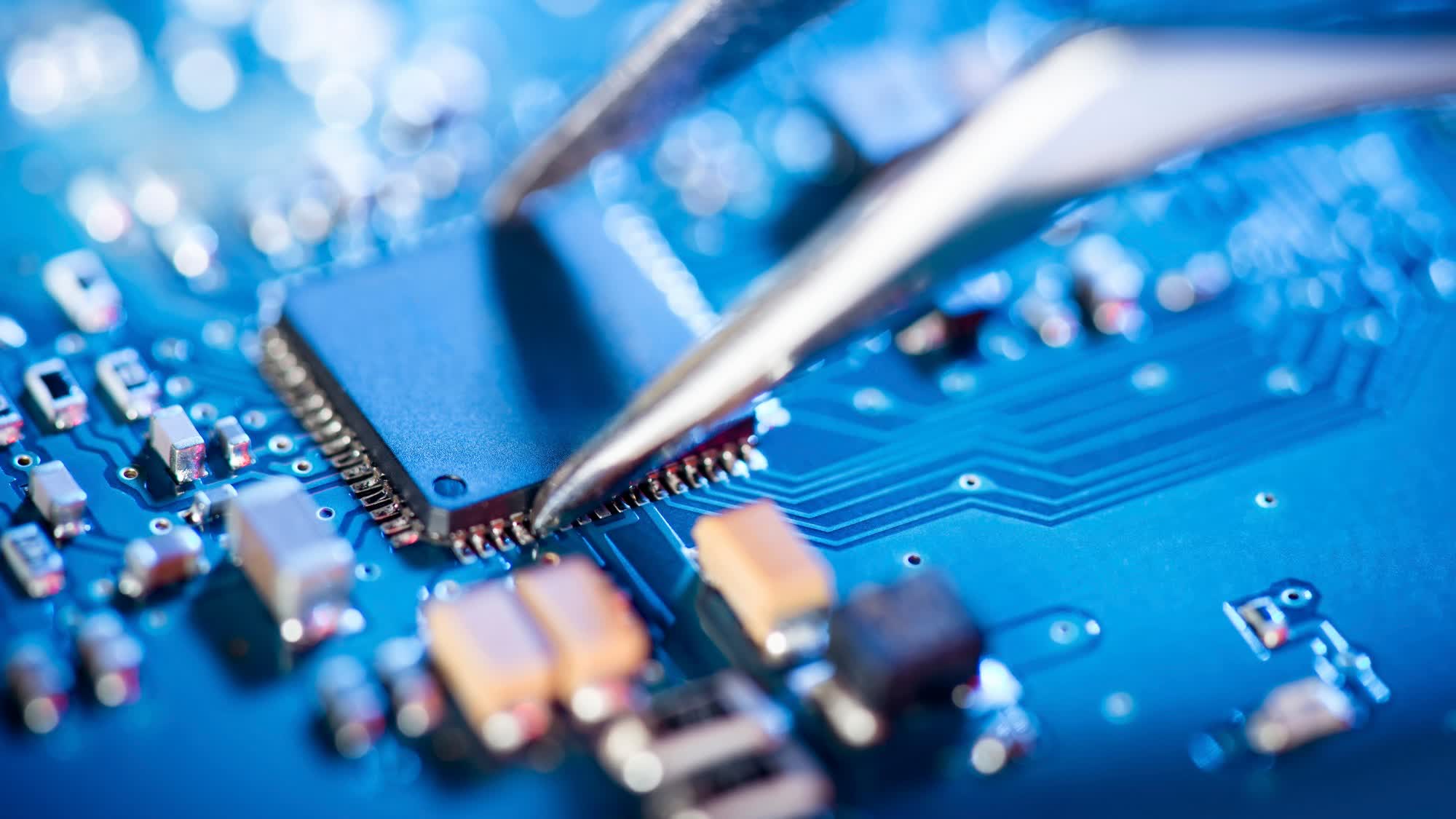What just happened? Amid increasing competition with Intel, Samsung Foundry has reportedly decided to rebrand its second-generation 3nm-class fabrication technology, previously known as SF3. According to the report, the upcoming node has been renamed as SF2 to denote the 2nm-class manufacturing process. Samsung Foundry, however, has yet to officially confirm the renaming.
The news comes from the Korean version of ZDNet (via Tom's Hardware) which claims that one of its sources was informed by Samsung Electronics of the change earlier this year. According to the source, Samsung Electronics had signed a contract with Samsung Foundry for the 2nd-generation 3nm production last year, but the contract was subsequently revised to reflect the change.
The renaming is said to be part of Samsung's plans to simplify its process nomenclature, but it is also likely to help the South Korean tech giant better compete with Intel Foundry, whose 2nm production node, dubbed Intel 20A, is expected to arrive later this year.

Samsung announced its process technology roadmap back in 2022, listing a slew of nodes to be rolled out through 2027. According to the roadmap, it will target mass production of 2nm process technology (SF2P) by 2025 and 1.4nm (SF1.4) by 2027. The company also said that it was planning to expand its production capacity for the advanced nodes by more than 3x by 2027.
However, if the report is to be believed, things changed earlier this year, when Samsung notified its customers about the changes to its roadmap and the renaming of its SF3 process to SF2. As of now, there's no word on whether there are any real design changes with the new node despite the rebranding, meaning customers will very likely get the exact same technology as the erstwhile SF3.
Samsung is expected to roll out its new SF2 process node in the latter half of this year. From what we know, SF2 uses gate-all-around (GAA) transistors, or Multi-Bridge-Channel Field Effect Transistors (MBCFET), but does not feature a backside power delivery network (BSPDN) unlike Intel 20A. BSPDN is said to improve transistor performance, lower power consumption, increase logic transistor density, and eliminate interference between the data and power wires, potentially giving Intel 20A a significant advantage.
